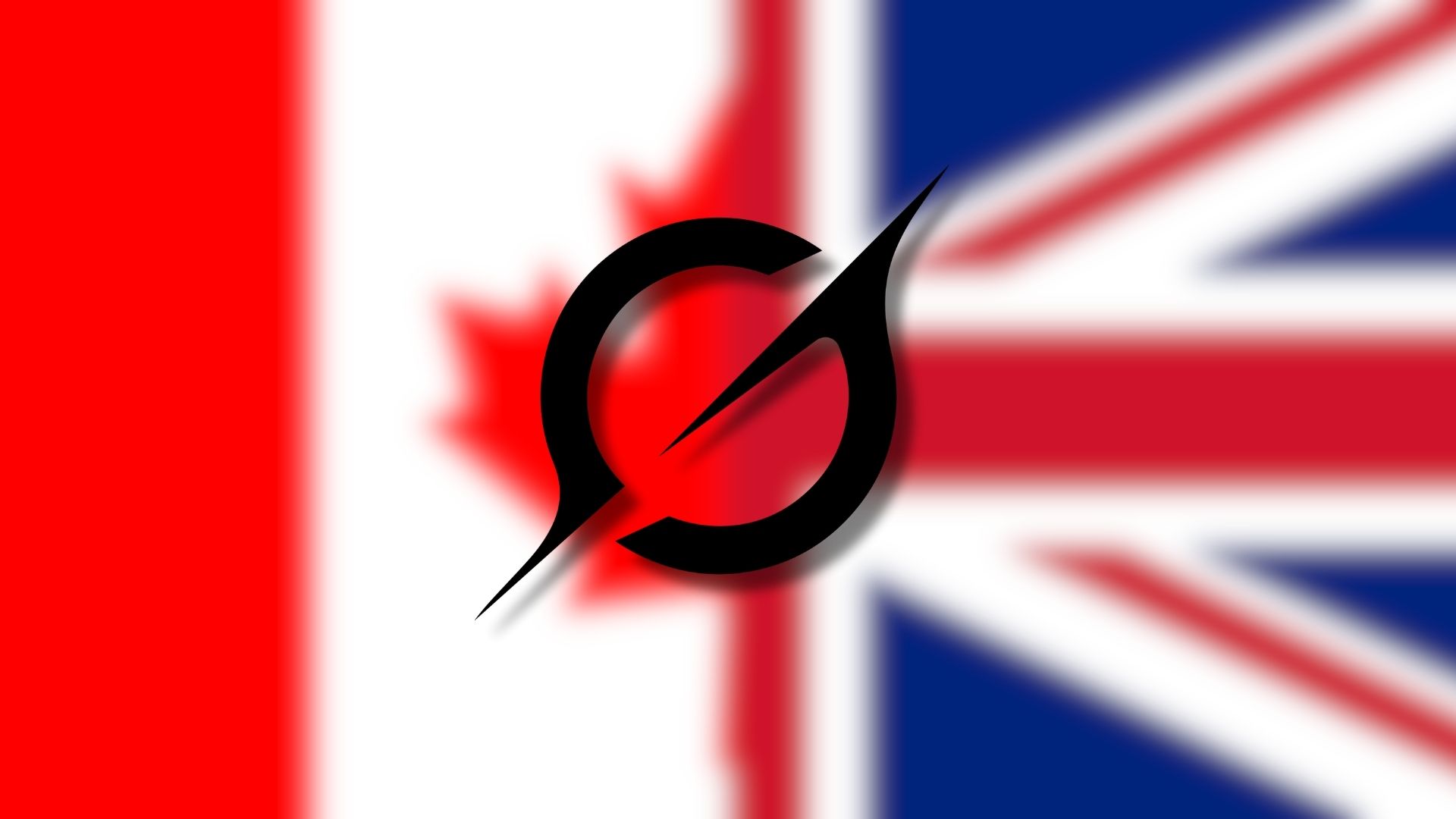YouTube has introduced a new parental control for users in the United Kingdom that lets parents and guardians disable Shorts autoplay and continuous scrolling, addressing concerns about addictive viewing patterns and excessive screen time among children.
The feature gives families greater control over how the short-form video feed behaves, allowing users to turn off the infinite-scroll experience that keeps viewers engaged longer.
The update comes amid broader efforts by tech platforms to provide tools that support healthier digital habits, especially for younger users. YouTube says the control can help parents set limits without entirely removing access to Shorts content.
The roll-out is initially targeted at UK audiences, with the company indicating feedback will guide potential expansion. YouTube’s new off-switch reflects growing industry awareness of screen-time impacts and regulatory scrutiny around digital wellbeing features.
Would you like to learn more about AI, tech and digital diplomacy? If so, ask our Diplo chatbot!










